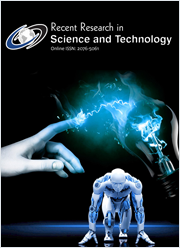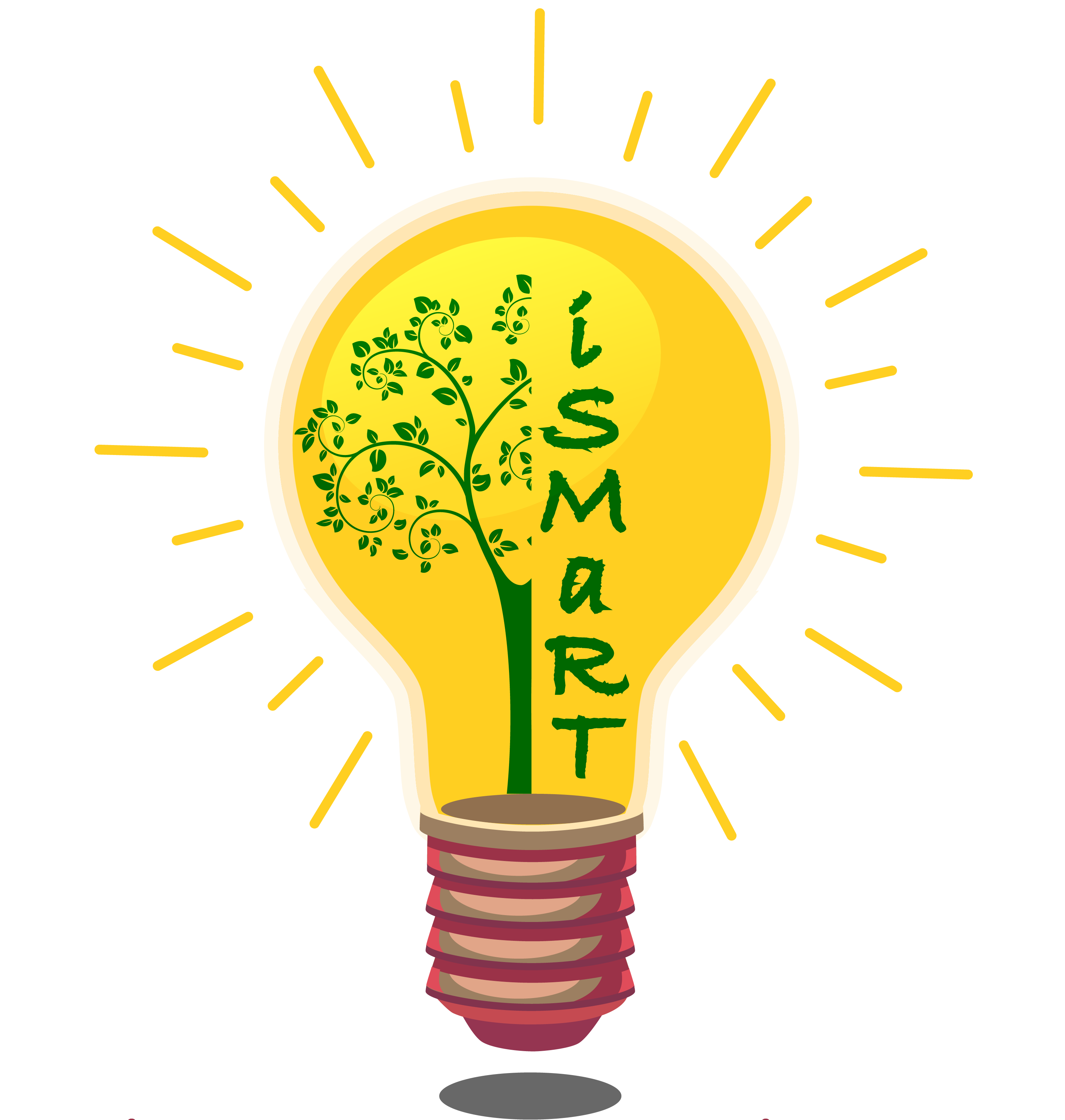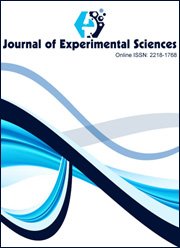Effect of Meditation Training on Pulmonary Function Tests
Abstract
Meditation is a wakeful hypometabolic state associated with greater alertness and causes significant reduction in heart rate, respiratory rate, oxygen consumption, anxiety and plasma cortisol1. Regular practice of meditation is highly beneficial and effective in reduction of stress. Meditation involves breathing technique which helps to improve breathing pattern and can be a boon to minimize respiratory disorders. Deep breathing is one of the simplest ways that one can learn to relax. Most of the studies on effect of meditation have been coupled invariably with practice of set of asanas and kriyas. This study differs from others as we have tried to find effects of meditation alone in Sukhasana posture only, on parameters related to respiratory functions in healthy young medical students. Resting respiratory rate, Tidal Volume, Minute Volume, Vital Capacity, FEV1, FEV% and MVV were recorded before meditation training and practice and after a period of meditation training and practice and the results were compared. The decrease in respiratory rate after meditation practice was statistically significant (p<0.001). After twelve weeks of meditation practice there was a statistically significant increase in the Tidal Volume (p<0.01). After twelve weeks of meditation practice there was statistically significant reduction in the Minute Volume (p<0.02). After twelve weeks of meditation practice there was no statistically significant change in the Vital Capacity, FEV1, FEV1/VC, FVC, FEV1/FVC, ERV, IRV, IC, MMEF, PEF, MEF, and MVV. Twelve weeks of meditation practice alone, without incorporating asanas caused significant reduction in some of the respiratory parameters. Regular practice of meditation is highly beneficial in reduction of stress and to keep good general and respiratory health.




 .
.